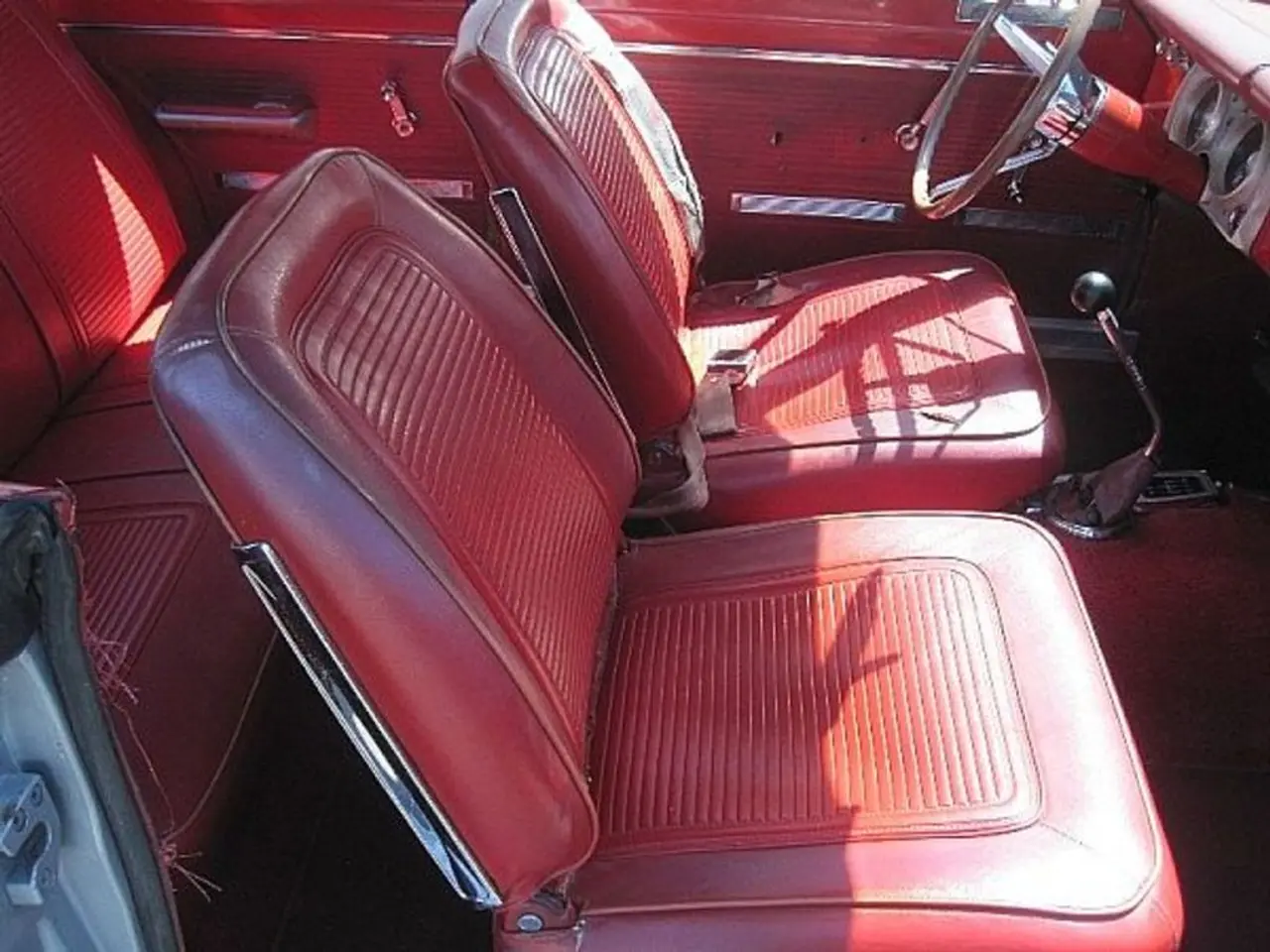Discussion with Automotive Expert Shinya Yamamoto on the Emergence of Hydrogen Power in the Fifth Year
In the world of automotive innovation, Toyota's hydrogen-powered Corolla has been a standout competitor in the Fuji 24 Hours race for the past five years. Shinya Yamamoto, an automotive analyst closely following the project, reflects on the car's development journey.
**From Prototypes to Racing Powerhouses**
Toyota initially took on the challenge of liquid hydrogen with the Corolla in the Super Taikyu Series, using the races as a platform to test and refine hydrogen engines under real-world conditions. The aim was to demonstrate technological feasibility, gather data on durability, and identify infrastructure needs, such as rapid refueling during the race.
**Major Advancements and Challenges**
After five years, the hydrogen-powered Corolla has evolved significantly, transitioning from experimental prototypes to racing vehicles that can compete reliably in demanding 24-hour endurance events. Yamamoto highlights that the car now not only completes the race but also competes with vehicles in other classes, indicating major strides in both reliability and performance. The feedback from drivers has been positive, noting the engine’s power and the familiar driving dynamics compared to gasoline engines.
Key challenges, such as hydrogen refueling speed and infrastructure, have been addressed through repeated testing in racing environments. The team has developed experience and protocols for quick, safe hydrogen fills, which are crucial for both motorsports and potential road use.
**The Road Ahead**
For Yamamoto, these endurance races serve as a real-world test bed for hydrogen engine technology. The focus remains on further refining hydrogen combustion engines, expanding infrastructure, and building partnerships for wider adoption, supporting Toyota’s broader goals of mainstream hydrogen mobility by 2030.
**A Look Back and Ahead**
| Year | Key Milestone | Analyst Insight | |--------------|-----------------------------------------------|----------------------------------------| | 2021 | Initial competition with gaseous hydrogen | Proving concept, durability | | 2023-2025 | Liquid hydrogen-powered Corolla, Fuji 24 Hours| Competing with other classes, reliability| | 2025 | Not just finishing, but competing | Major progress in tech and infrastructure|
As the hydrogen-powered Corolla marks its fifth year of competing in 24-hour endurance races, Yamamoto emphasizes that these races serve as a stepping stone towards the broader adoption of hydrogen mobility. The future remains promising as Toyota continues to push the boundaries of hydrogen technology.
- The advancements in Toyota's hydrogen-powered Corolla, as demonstrated in the Fuji 24 Hours race, showcase the car's transition from experimental prototypes to racing vehicles capable of competing reliably in demanding endurance events.
- In the eyes of analyst Shinya Yamamoto, the hydrogen-powered Corolla's participation in 24-hour endurance races serves as a vital test bed for hydrogen engine technology, paving the way for further refinement, infrastructure expansion, and broader adoption, supporting Toyota's ambition of mainstream hydrogen mobility by 2030.
With the hydrogen-powered Corolla marking its fifth year of competition in 24-hour endurance races, industry, finance, transportation, automotive, and technology sectors are collectively taking significant strides towards the adoption of hydrogen mobility.




